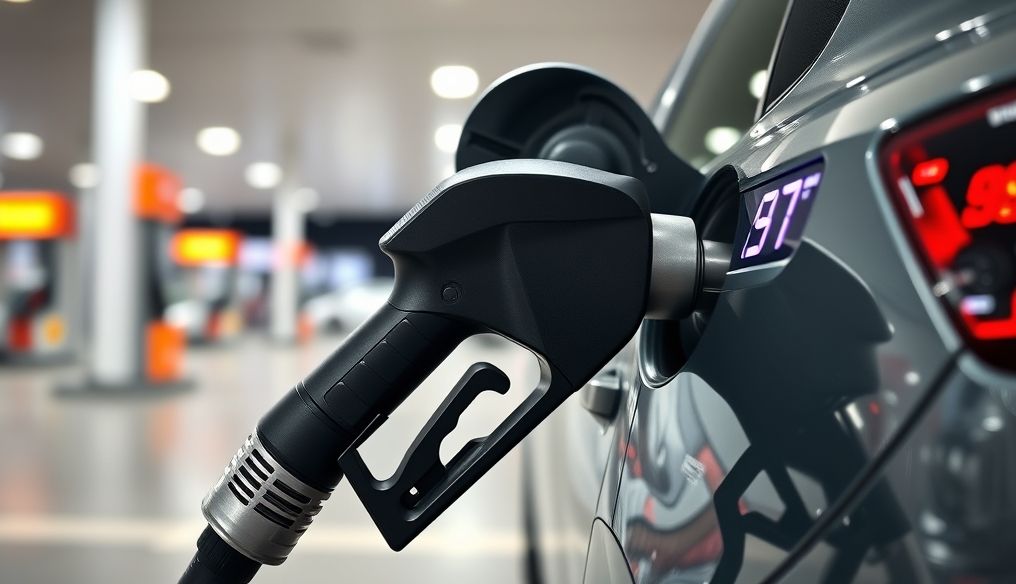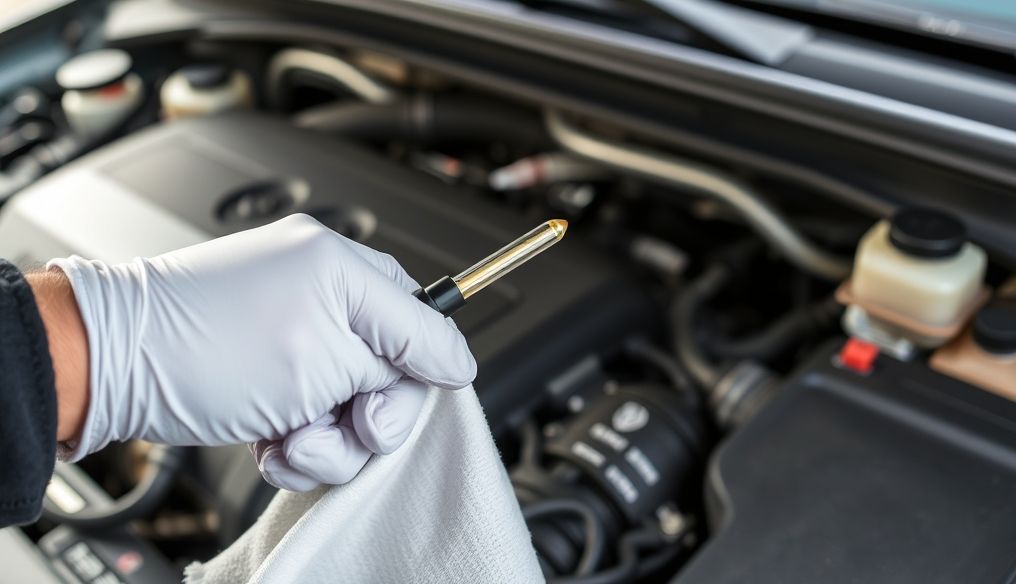Does High-Octane Fuel Improve Performance in All Cars?
Octane fuel is a topic that sparks much debate among car drivers. Does using high-octane fuel really improve car performance? Or is it just a myth and marketing ploy? In this article, we will explore this topic in depth, reviewing the scientific and technical facts to help you make an informed decision about the right type of fuel for your car.
What is Octane?
Octane is a measure of a fuel's resistance to premature ignition or "knocking" in an internal combustion engine. The higher the octane number, the greater the fuel's resistance to irregular ignition. This irregular ignition can damage the engine and reduce its efficiency.
Types of Octane Fuel Available
Different types of octane fuel are available, usually displayed with numbers like 91, 95, 98. These numbers indicate the fuel's level of resistance to premature ignition. In most countries, 91 octane fuel is considered regular, while 95 or 98 octane fuel is considered premium or high-performance.
How Does a Car Engine Work?
To understand the effect of octane fuel, we must first understand how a car engine works. In an internal combustion engine, fuel is mixed with air and then compressed inside the cylinder. Then, the spark plug ignites the mixture, causing an explosion that pushes the piston and generates power. If the fuel ignites before the spark plug ignites it, what is known as knocking or premature ignition occurs, which is undesirable.
When Should High-Octane Fuel Be Used?
The answer to this question depends heavily on your car type and the manufacturer's recommendations. If your car is designed to run on regular octane fuel (91), there is no benefit to using high-octane fuel. In fact, you may not notice any difference in performance, and it may just be a waste of money.
However, there are some cases where using high-octane fuel is beneficial:
- High-Performance Cars: Sports cars and cars equipped with turbochargers or superchargers often require high-octane fuel to deliver the best performance.
- Manufacturer's Recommendations: If your car's manufacturer recommends using high-octane fuel, it is best to follow that recommendation.
- Engine Problem: In some cases, using high-octane fuel may help overcome the problem of knocking or premature ignition in the engine, especially if the engine is old or suffers from carbon buildup.
What Happens If You Use Fuel Lower Than Recommended?
If you use fuel lower than the octane recommended by the manufacturer, you may experience knocking or premature ignition. This can lead to:
- Reduced Performance: You may notice that your car does not accelerate as quickly or that its power is lower.
- Engine Damage: Continuous knocking can damage the piston, valves, and other engine parts.
- Increased Fuel Consumption: You may have to press the accelerator pedal harder to get the same performance, which increases fuel consumption.
What Happens If You Use Fuel Higher Than Recommended?
If you use fuel higher than the recommended octane, you are unlikely to notice any significant improvement in performance. In most cases, there will be no noticeable difference. There may be a slight improvement in fuel efficiency, but this improvement is often minimal and not worth the extra cost.
Common Myths About Octane Fuel
There are many common myths about octane fuel. Here are some examples:
- High-Octane Fuel Increases Engine Power: This is not true unless your car is designed to run on high-octane fuel.
- High-Octane Fuel Cleans the Engine: This is not true. There are types of fuel that contain cleaning agents, but this has nothing to do with the octane number.
- High-Octane Fuel Improves Fuel Efficiency in All Cars: This is not true. There may be a slight improvement in some cases, but this improvement is often minimal.
How to Know the Right Fuel for Your Car?
The best way to know the right fuel for your car is to refer to the owner's manual. There is usually a section in the manual that indicates the recommended fuel type. You can also check the fuel tank cap, where there may be a sticker indicating the appropriate fuel type.
Tips for Choosing the Right Fuel
- Read the Owner's Manual: This is the best way to know the recommended fuel type.
- Use the Recommended Fuel: Do not try to use fuel lower than recommended.
- Don't Fall for Marketing: Don't believe everything you hear about high-octane fuel.
- Try Different Types of Fuel: If you are not sure, you can try different types of fuel and monitor your car's performance.
- Consult a Mechanic: If you are still unsure, you can consult a specialized mechanic.
Conclusion
In short, using high-octane fuel does not improve the performance of all cars. If your car is designed to run on regular octane fuel, there is no benefit to using high-octane fuel. However, if your car is designed to run on high-octane fuel, it is best to follow the manufacturer's recommendation. Always remember to refer to the owner's manual for accurate information about the right fuel type for your car.
Fuel Type Comparison Table
| Fuel Type | Octane Number | Common Uses | Advantages | Disadvantages |
|---|---|---|---|---|
| Regular Fuel | 91 | Most regular cars | Less expensive | May not be suitable for high-performance cars |
| Premium Fuel | 95 | Cars that require high-octane fuel | Better performance in suitable cars | More expensive |
| High-Performance Fuel | 98+ | Sports cars and racing cars | Best performance in cars designed for it | Most expensive, and may not be necessary for most cars |
"The right fuel for your car is the fuel recommended by the manufacturer. Don't try to be smarter than the engineers who designed your car."
- Automotive Mechanic Expert




